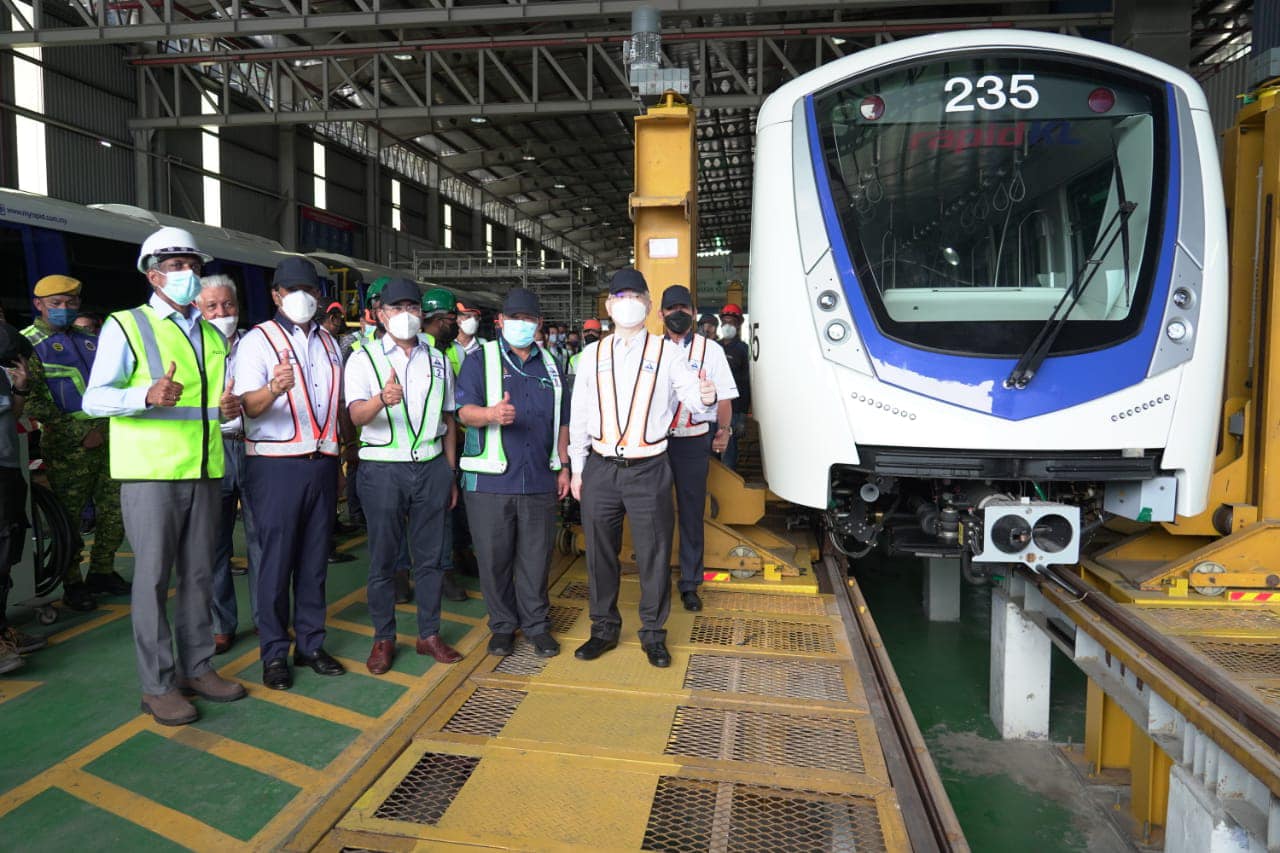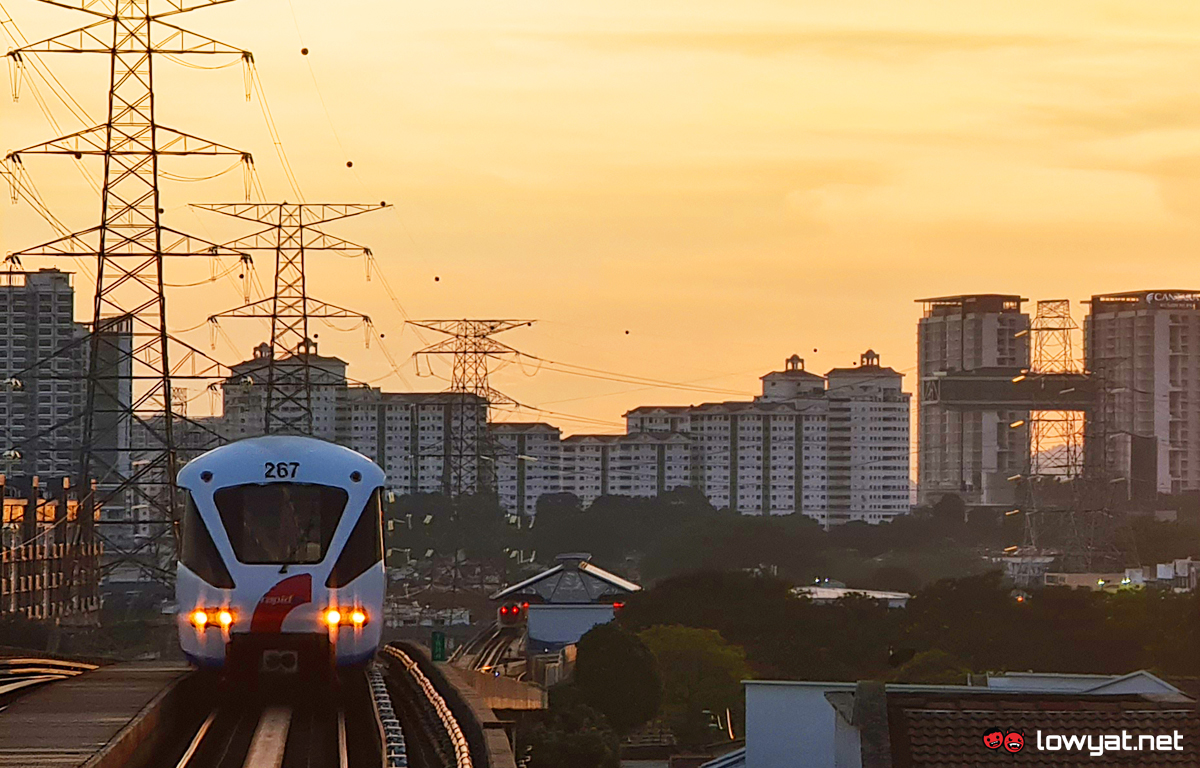Regarding the timeline, Wee clarified that the Kelana Jaya line will only be operating eight new trains from July 2023, with the remaining 19 are set to enter the line at the end of 2024. The four-car sets will be gradually replacing the two-car trains currently running on the LRT system, though some will still be kept for emergency use in case of heavy congestion. He added that another five trains are scheduled to resume operations on the Kelana Jaya line next month, which he claimed would reduce the waiting time to between four to five minutes. He also said that more trains will be added by December to reduce the waiting time to just three minutes, only a month short of the initial goal. The KLAV 27 project is valued at RM1.72 billion and was done in a consortium between Hartasuma Sdn Bhd and Alstom S.A., a global rolling stock manufacturer. Keep in mind that this figure is separate from the RM1.25 billion allocated by the government to improve the safety and service of the Kelana Jaya line.
Following frequent service disruptions in recent months, the Ministry of Transport outlined 23 short-, medium-, and long-term initiatives to upgrade the LRT service. From the total budget, RM800 million will be used for level four maintenance, repair, and overhaul of the 28 Bombardier 818 trains that have been in operation for 14 to 15 years, in order to extend their lifespan. On a separate note, the minister revealed that the recent month-long free rides for Rapid KL and KTMB public transport services saw a 16% increase in daily average ridership, with an 18% and 11% increase for trains and busses respectively. He said the data from the programme will help his ministry plan public transportation initiatives in a more optimal manner by paying more attention to popular stations such as Pasar Seni. (Sources: Wee Ka Siong/Facebook, The Star)

